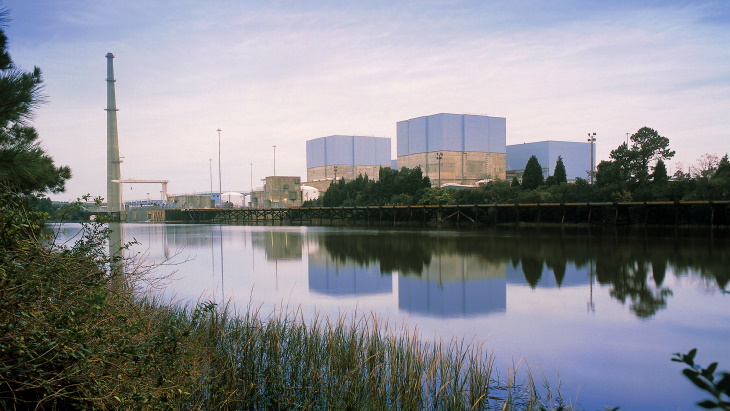A bill signed into law in October 2021 directed the NCUC to take "all reasonable steps" to achieve reductions in carbon emissions from the publicly owned generating facilities of Duke Energy Carolinas and Duke Energy Progress. The commission was given until the end of 2022 to develop such a plan, which must then be reviewed and adjusted every two years.
A proposal submitted to the commission by Duke in May 2022 outlined a mix of solar, storage, natural gas, wind and small modular reactors, as well as energy efficiency programmes and other measures to help customers reduce their energy use, as a path to reach the carbon reduction goals.
The NCUC announced on 30 December that, following 13 days of hearings including expert and public testimony, it had issued an order adopting a plan which "adopts reasonable steps, including the approval of a number of near-term actions" towards meeting the mandate rather than setting out "a single, preferred portfolio of generation assets".
As well as measures including new procurements of solar generation and battery storage, retirements of coal capacity, demand-side management and energy efficiency measures, the plan directs Duke to seek to extend the licences for its existing nuclear fleet and authorises it to incur project development costs associated with new nuclear generation.
The plan also authorises Duke to plan for the addition of combustion turbine and combined cycle natural gas-fired generating capacity.
"We believe this is a constructive outcome that advances our clean energy transition, supporting a diverse, 'all of the above' approach that is essential for long-term resource planning," Duke Energy said in response to the NCUC announcement. The company will file a new proposal - which will include impacts of the US Inflation Reduction Act, Infrastructure Investment Jobs Act, and other future legislative changes and changing conditions, by 1 September.
North Carolina is home to five nuclear reactors - two-unit plants at Brunswick and McGuire, and the single-unit Harris plant. All are operated by Duke. According to information from the US Nuclear Energy Institute, nuclear capacity in 2022 provided 32.8% of North Carolina's electricity generation and 70.5% of its carbon-free electricity. Duke has previously said it intends to apply for operating licence renewals for all 11 reactors it operates across North and South Carolina to support its carbon reduction goals.





_19544_40999.jpg)


_66668.jpg)





